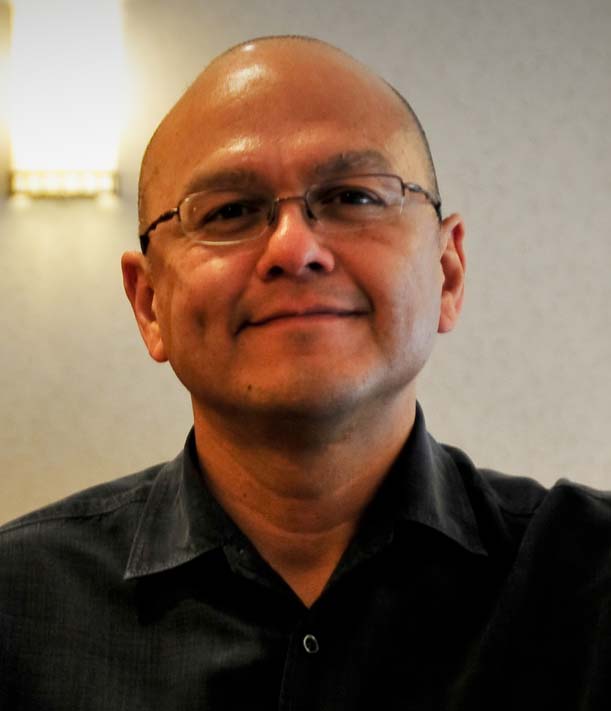Money skills are very important. Unfortunately for many First Nations, we lack this critical life skill.
But it doesn’t have to be that way. It comes down to understanding and managing three important parts of your life: Retirement, Expenses and Debt – or RED for short.
Retirement: the $250,000 Factor
Remember this simple rule: every $250,000 generates $1000/month in retirement.
Play with that number and you will start seeing some retirement goals for you and your family.
For example, $125,000 will buy you $500/month to live on. Or if you can set aside $500,000, you’ll have $2000/month for retirement.
Saving $125,000-$500,000 may seem like an overwhelming task. But I have met many (including First Nations) with modest incomes who have been able to put aside that kind of money. Many did it through real estate. The trick is to start putting your money into things that grow.
Also, be sure to learn about the pension funds that surround you. For starters, if you have access to one, maximize your company pension contribution. Most First Nation plans are 100% matched. Surprisingly, many employees won’t contribute if they are given the option. It’s like saying no to free money.
Finally, you should get about $1000/month from Canada Pension Plan and Old Age Security. That’s a really rough number. Don’t count on that amount. Rather, consider it a cushion to your retirement planning goals.
Expenses: the Bingo Card Factor
David Bach coined the term “the latte factor” in his book, Finish Rich. It’s the idea that the little things we splurge on every day add up to a lot of money over time.
To make this more culturally appropriate, let’s call this phenomenon “the Bingo Card factor” (haha).
It really comes down to this: get rid of your 1-2 most frivolous expenses and watch your life change for the better.
So what is your splurge? You probably have a good idea what it is. Say it aloud now.
Calculate your total amount spent on this splurge this past month. Take a good hard look at that number. Now estimate how much you have spent on that splurge this past year.
Ultimately, you need to change your behaviour towards your main splurge.
If you can’t go cold turkey on your main splurge, consider a small, quantifiable amount that you will stick to every week or month. Then religiously monitor your spending in that area.
Debt: the Visa Factor
There are two kinds of debt, good debt and bad debt. Good debt makes you richer. Bad debt makes you poorer.
Bad debt can be very visible. Go through a Rez and you’ll see lots of bad debt cluttering up some driveways and front yards. Loaded trucks, boats, skidoos, seadoos are often acquired through debt. And they all rapidly depreciate in value.
Or bad debt can be well hidden. Visa and other credit cards for example, become bad debt if not paid off every month on time.
Another hidden bad debt is the payday loan. These businesses charge insane interest rates. They just love Aboriginal folks. We make up a disproportionate percentage of their customer base.
Get rid of your bad debt by lowering your expenses, selling some assets and putting those resources towards your bad debt. Then commit to simple living.
Manage Your RED, Manage Your Life
These are quick, simple tips to balance your financial life. It really comes down to managing your retirement goals, monthly expenses and debt.
Andrew Leach, MBA, is a successful First Nation management consultant, who helps First Nations leaders with their toughest management headaches. He also conducts onsite training and has just created a 1-Day Money Skills Workshop for First Nations. Drop him an email at [email protected] or call (604) 868-4004 for more information.



Be the first to comment on "Andrew Leach: Money skills for First Nation individuals and families – Part 1"